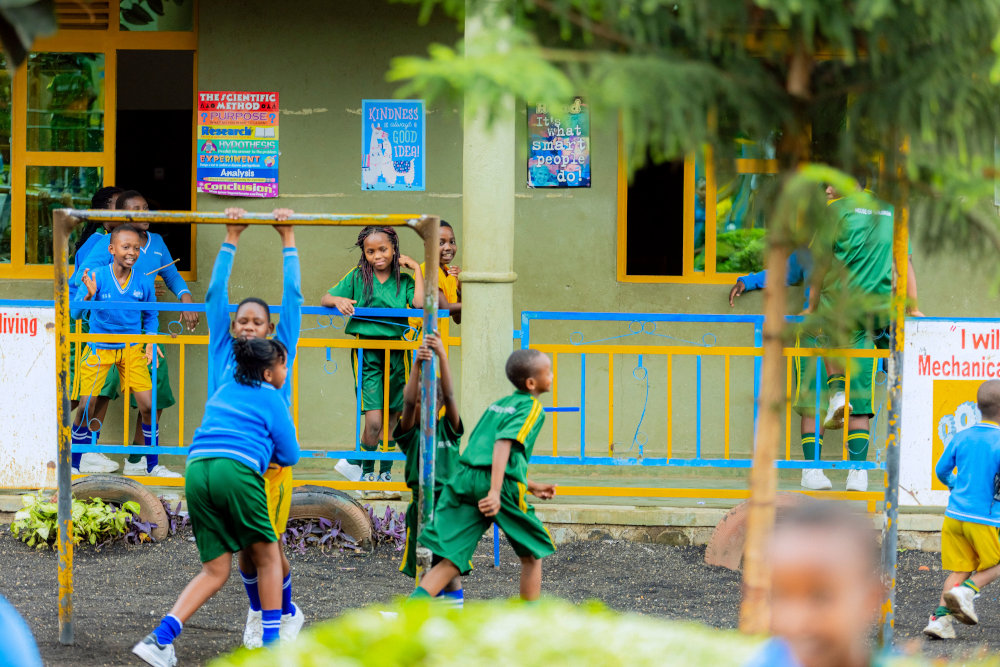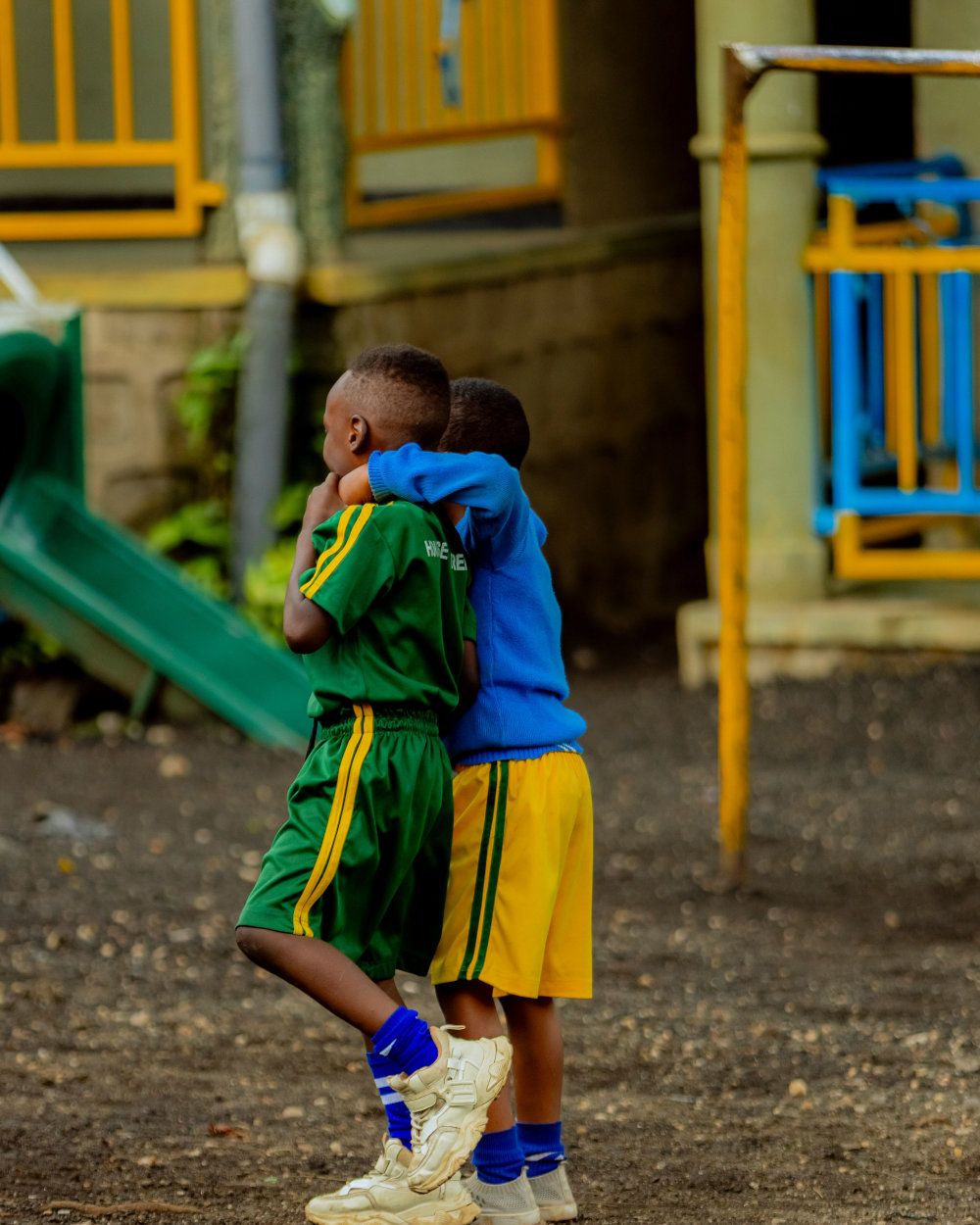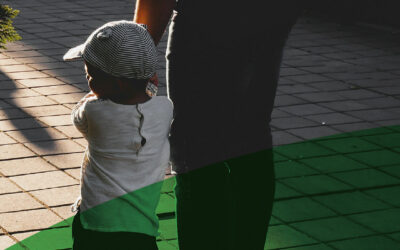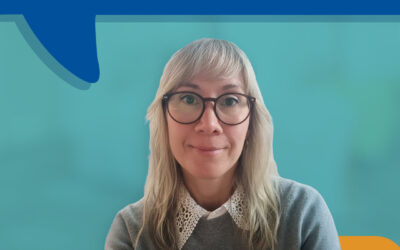Community-Based Family Support and Early Intervention in Rwanda
Martin James Foundation is delighted to announce a new partnership with the Ubumwe Community Center (UCC) in Rwanda. This collaboration seeks to support the country’s ongoing care-reform efforts, helping ensure that children, especially those with disabilities, can grow up safely within their families and communities rather than in institutions.
About Ubumwe Community Center
The Ubumwe Community Center was founded in 2005 to empower people with disabilities to live full, dignified lives. Frederick Ndabaramiye, one of its co-founders, is a survivor of the 1994 genocide who lost his arms during the conflict. He was inspired to create opportunities for others with disabilities upon his return to Rwanda. Zacharie Dusingizimana, his co-founder, was a special-education teacher who joined Frederick to make this vision a reality.
Today, UCC runs a vibrant, inclusive programme that supports people with disabilities through education, vocational training, and community-based living. Its House of Children School is one of Rwanda’s pioneering inclusive education models, where children with and without disabilities learn side by side. Through its vocational training centre, more than 600 graduates have gained livelihoods and independence.
Following the closure of a residential home in northern Rwanda, UCC established a community-based programme for children and young adults with severe disabilities, helping them transition to family-based care in line with Rwanda’s national policy. Its work continues to influence the country’s broader efforts to replace institutional care with family and community-based alternatives.

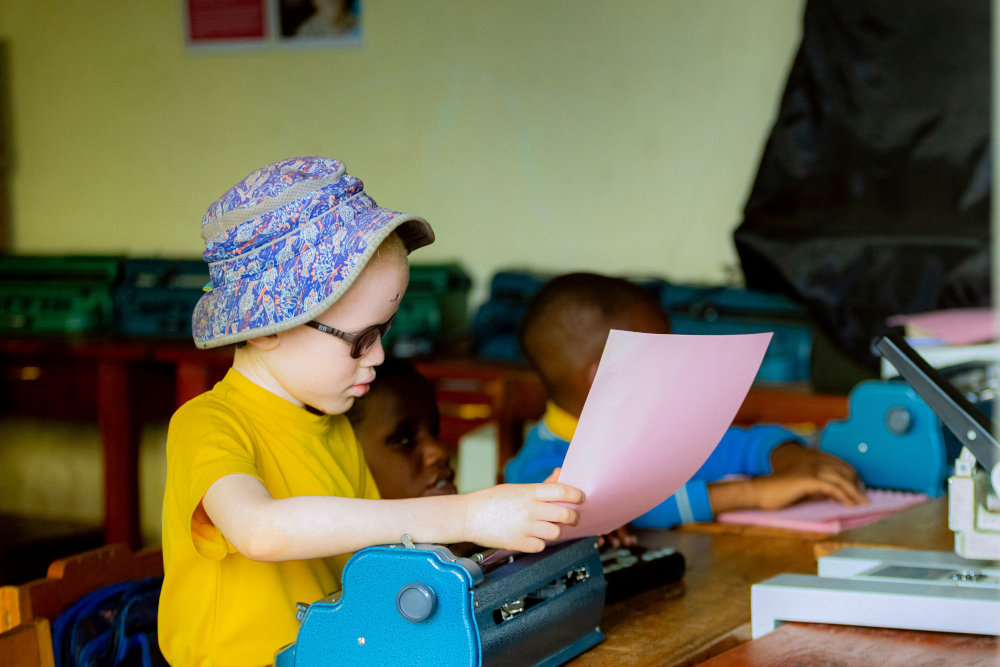
Context
Rwanda has made great progress in care reform in recent years. However, many Rwandan families caring for children with disabilities still face barriers such as poverty, stigma, and limited access to services. UCC’s work demonstrates that with the right support and early intervention, families can thrive together.
In northern Rwanda, where UCC is based, community awareness and access to specialised support remain limited. Many parents caring for children with disabilities need both psychosocial and economic assistance to prevent unnecessary family separation. UCC’s new project responds to these needs by ensuring families receive support before a crisis hits.
About the Partnership
Through this partnership, Martin James Foundation will support Ubumwe Community Center to implement its Community-Based Family Support and Early Intervention project. The initiative will identify and assist families at risk of separation, particularly those caring for children with disabilities, through a holistic model of education, counselling, training, and economic empowerment.
The project will:
– Provide educational support for children unable to access school due to complex needs
– Conduct early-identification and outreach in collaboration with social workers, health centres, and local leaders;
– Offer parenting education and counselling, helping caregivers manage stress and improve inclusive care practices;
– Facilitate skills training and income-generation opportunities for parents to strengthen family resilience; and
– Build peer-support networks for caregivers to share experiences and advocate for inclusion.
By reinforcing families and communities, this partnership contributes to Rwanda’s ongoing transition away from institutional care, ensuring children with disabilities can remain where they belong: at home, in loving families.
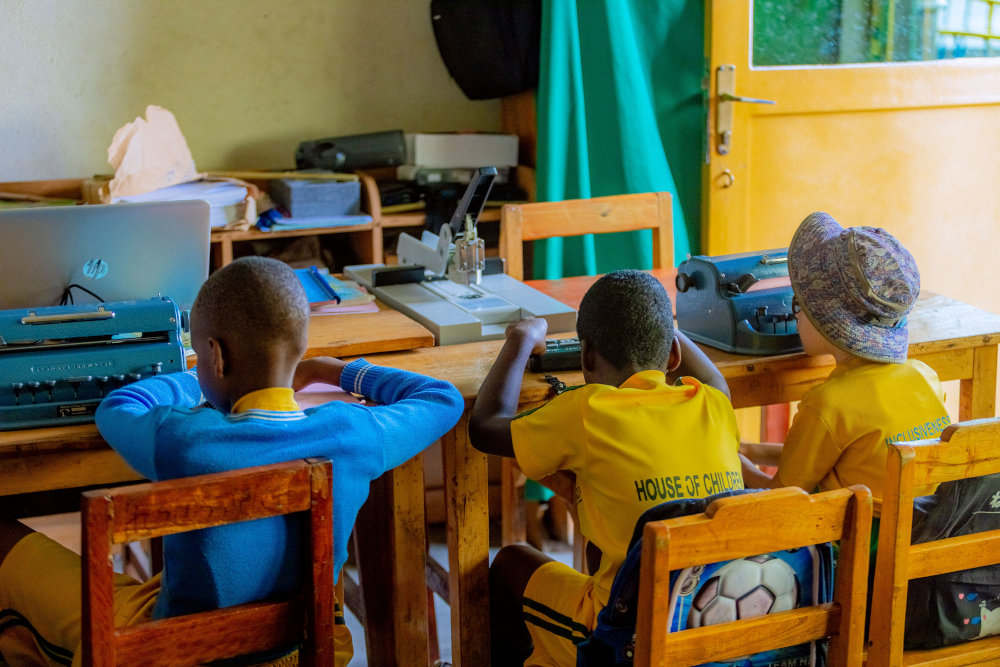
Quotes:
From MJF:
“We are proud to partner with Ubumwe Community Center, whose work embodies compassion, inclusion, and resilience. Their holistic approach to supporting families of children with disabilities aligns perfectly with our shared belief that every child deserves to grow up surrounded by care, understanding, and opportunity.”
From Ubumwe Community Center:
“This partnership will allow us to reach more families and children before separation occurs. We will be able to demonstrate that inclusion and family-based care go hand in hand. When communities are empowered, every child can thrive within a loving home.”
